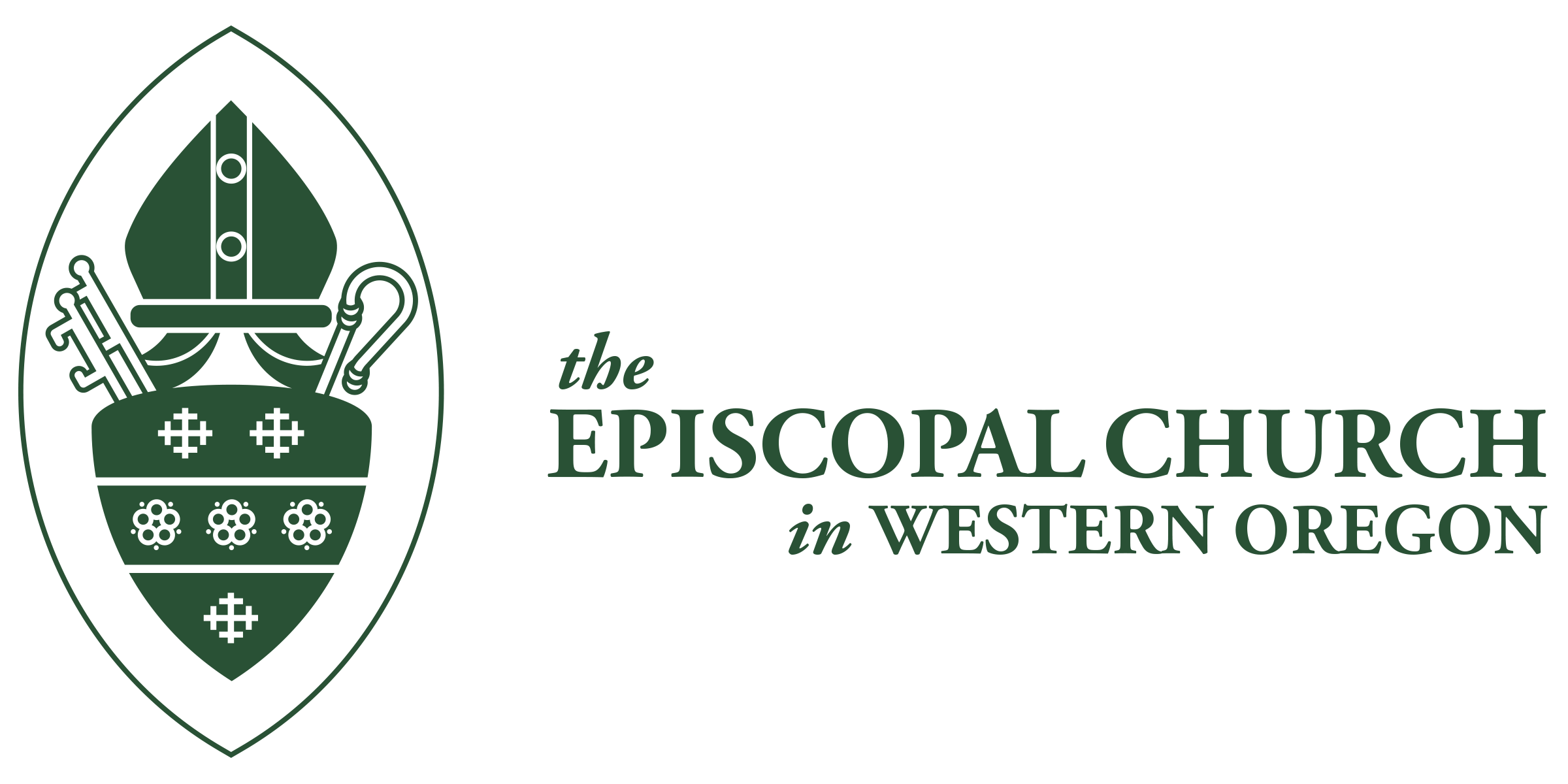
Revised Good Friday Liturgy and Readings
Bishop Akiyama has authorized the clergy to use the experimental revision of the Good Friday liturgy that has been prepared by the Diocese of Texas.
Three documents with the revised liturgy and explanations are linked below.
Thank you!
Document 1: Revised Good Friday Liturgy with Explanations
Document 2: Revised Good Friday Passion Gospel
Document 3: Revised Solemn Collects
Sample Introductory Script
Here is a sample script that can be used in the bulletin as a way to introduce the liturgy to the congregation:
A Note about Today’s Service:
The liturgy today is an experimental revision of the Good Friday liturgy in the BCP. It was prepared by a working group at St. David’s Episcopal Church in Austin, Texas and authorized for use in the Diocese of Oregon by our Bishop, Diana Akiyama.
The Passion Narrative is from the NRSV except that wherever NRSV renders the Greek term hoi ioudaioi as “the Jews,” this version translates it as “the Judeans” or “the Judean leadership.” “Judeans” is a historically accurate translation of the term, reflecting a period when regional, religious, and political belonging were a complex reality and not easily separated. The term also highlights the regional rivalries between Galilean and Judean elements in early first-century Jewish life.
The liturgy also includes a revised version of the Solemn Collects. Historically, the church would pray on Good Friday that Jews, who had been blamed for the death of Jesus, would convert away from their blindness and hardness of heart. Too often, following Good Friday services Jews would be attacked after Christians had been stirred up by such prayers. While such a prayer has never been in the Episcopal Church’s Book of Common Prayer, it is a legacy to which we are accountable. In our own time, Christian churches have begun to repair our relationship with the Jewish people, including developing prayers during this service affirming God’s relationship with the Jewish people. Notably, the Anglican Church of Canada and the Church of England have such prayers, as do other Protestant churches. Now seems like a good time to develop a similar Solemn Collect. This appears as the first of the collects in order to center God’s redemptive work as beginning with the Jewish people (Israel) from whom Jesus is born.
The working group also revised the prayers for those who are not Christian, acknowledging that this is a broad category of people whose own reasons for being in such a position are varied and complex. Here the collect offers prayers to God, repenting of the times when the deeds of Christians have been the reason for this absence of faith and asking that God’s own desire for the good of all people be realized. A few other passages in the collect for those who are in need of prayer have been updated to note a contemporary expanded scope of concern.
Please share your feedback with your Canon Christopher Craun so that she can pass your reactions and suggestions on to Bishop Akiyama and the working group who created the liturgy.
